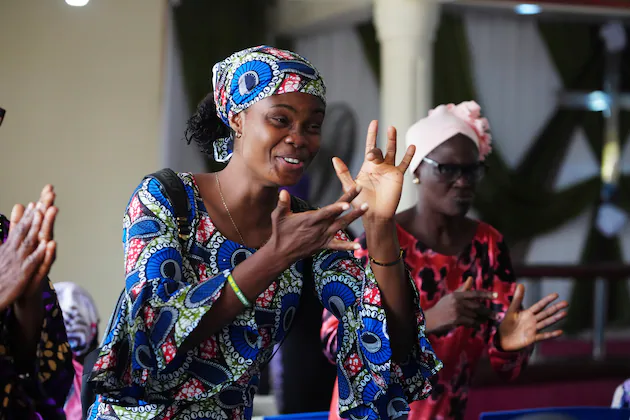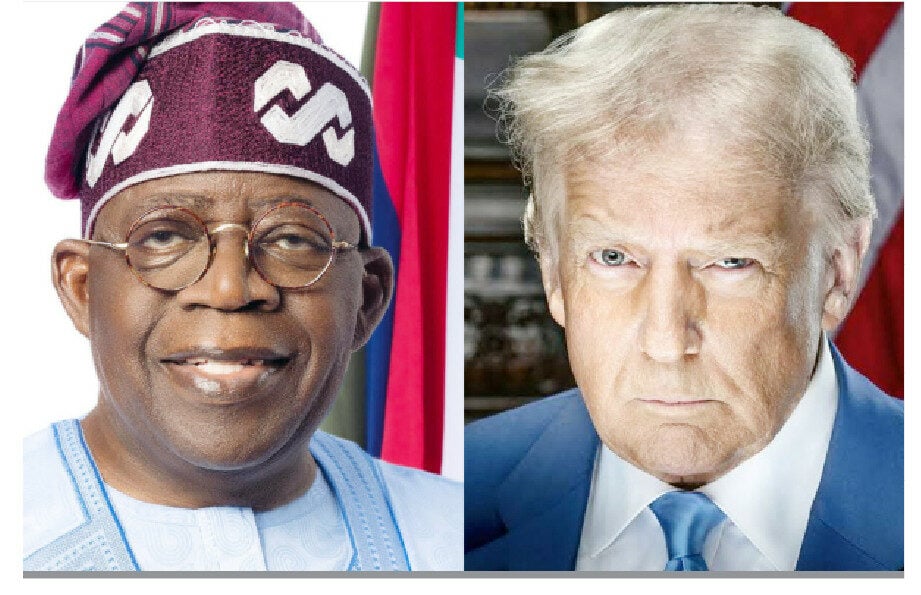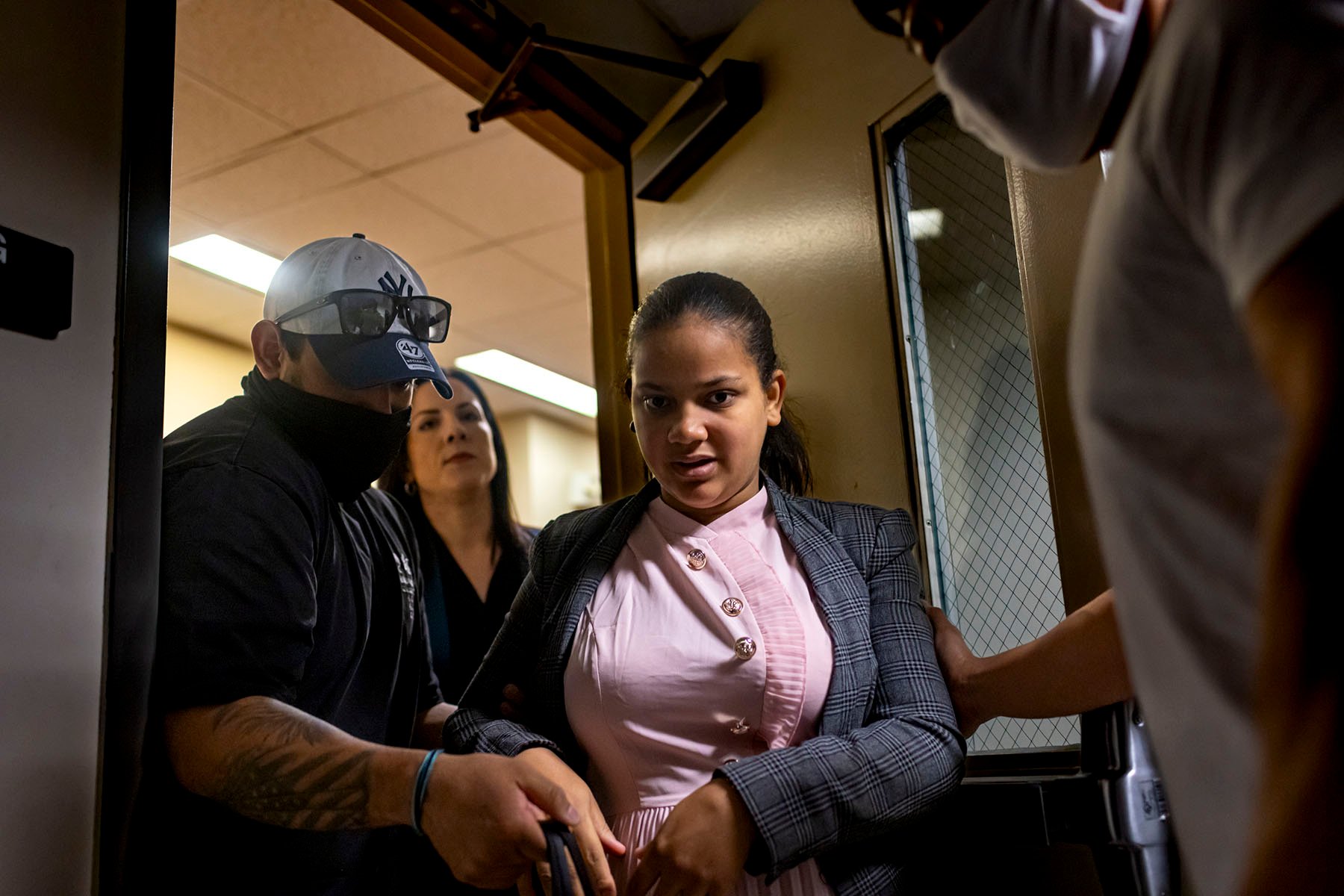Copyright Salt Lake City Deseret News

This article was first published in the State of Faith newsletter. Sign up to receive the newsletter in your inbox each Monday night. Nigeria, Africa’s most populous country, is grappling with a rising wave of violence. The recent conversations have focused on the persecution of Christians, with Sen. Ted Cruz, R-Texas, invoking “the mass murder of Christians” and “Real Time” host Bill Maher describing the violence as “a genocide attempt.” The surge of interest in Nigeria was fueled in part by President Donald Trump, who has recently sounded the alarm about escalating attacks on Christians and recently re-designated Nigeria as a “Country of Particular Concern,” a status it previously held but lost in 2021 under President Joe Biden. In a TruthSocial post on Nov. 1, Trump warned that the U.S. “may very well go into that now disgraced country, ‘guns-a-blazing,’” and said he had instructed the U.S. Department of War, formerly the Department of Defense, to “prepare for possible action” if the Nigerian government did not stop the killings. “If we attack, it will be fast, vicious, and sweet, just like the terrorist thugs attack our CHERISHED Christians!” he wrote. These comments have opened up a conversation about what’s motivating the violent attacks in Nigeria and whether Christians are in fact being persecuted for their faith. The reality on the ground is complex, experts say, with religion intertwined in a web of ethnic, political, economic and agricultural conflicts. These conflicts are not new, and have long destabilized Nigeria, a nation of about 230 million people, roughly split between Christians and Muslims. In the North, where most Muslims live, jihadist groups like Boko Haram and its splinter faction, Islamic State West Africa Province (ISWAP), have waged violence against civilians for nearly two decades. Boko Haram, whose name roughly translates to “Western education is forbidden,” seeks to establish a strict Islamic state and rejects Western-style governance, education and secular law. “That makes all of the other Muslims who live in that area and do not subscribe to their particular interpretation of Islam into potential targets,” Ayodeji Ogunnaike, assistant professor of African Religion at McGill University, told me. He is also a Nigerian and a Christian. “Christians, as a result, are also potential targets. They don’t really distinguish between them on that basis.” The group has targeted Christian communities, churches, schools and markets, with notable attacks including mass killings, village raids and the 2014 kidnapping of 276 schoolgirls in the town of Chibok. That same year, a terrorist attack on a mosque in northern city Kano killed around 120 people, according to CNN. In the middle of the country, known as the Middle Belt, the conflict revolves around herding and farming. Fulani herders, mostly Muslim, graze cattle across the area, while the farmers, largely Christian, trace their roots to mission activity during British colonization. Retaliation often occurs over resources, but Ogunnaike says the violence is not primarily religious. “This is not Christians being targeted specifically because they are Christians,” he said. “Because there are lots of Christians in Muslim majority areas who are not being targeted.” No data is conclusive about whether there are more Christians or Muslims being killed in the violence, according to sources. According to last year’s U.S. commission on International Religious Freedom report: “Violence affects large numbers of Christians and Muslims in several states across Nigeria.” Nigeria’s government has rejected allegations of genocide. Ogunnaike acknowledges the failures of the Nigerian state, yet warns that U.S. military intervention — or even sanctions — could be “one of the most dangerous things that can be done toward Christians and non-Christians in Nigeria at the moment.” Defining the conflict as persecution of Christians by Islamist groups can unintentionally create a new fault line over multiple pre-existing conflicts with different contours, Ogunnaike said. Religion plays a role, but the conflict is not primarily religious, he noted. He also advises against defining religion and religious freedom too narrowly. “It’s really about the suffering of huge swaths of Nigerian people, many of whom are Christian, and many of whom are not,” he said. “Their difficulties, their suffering and death in many cases is also a result of history of politics, ecology, economics and unaddressed colonial legacies, which doesn’t mean that religion isn’t also a part of it, but if you try to deal with one issue in isolation, then in reality, you’re never actually going to be able to deal with it,” Ogunnaike said, “because the root causes will still remain or be exacerbated.” Oversimplifying the conflict risks creating a narrative that can be exploited and that can deepen rifts between people who “desperately need to work together to be able to live.” Fresh off the press I wrote about Kalima Watson, a Utah storyteller, who is making viral videos about his followers’ ancestry stories to help people connect with their lineage and draw power from it: ‘A well of power not being utilized’: Why this Utah storyteller is on a mission to make genealogy cool. A Brigham Young University professor made a stunning discovery of a new woman in the Bible. – The Deseret News Faith in the courts The U.S. Supreme Court on Monday declined to hear a case that could have reopened the debate over the 2015 ruling legalizing same-sex marriage nationwide. The justices gave no explanation for turning down the appeal filed by Kim Davis, the former Kentucky county clerk who became nationally known in 2015 after refusing to issue marriage licenses to same-sex couples, citing her religious beliefs. Davis spent several days in jail for defying a court order. She is now appealing a civil judgment that ordered her to pay $100,000 in emotional damages and $260,000 in attorneys’ fees. Her legal team argued that the Obergefell v. Hodges decision violated her First Amendment right to religious freedom and urged the Court to overturn it, comparing it to the 2022 abortion ruling that returned regulatory authority to the states. The Court previously declined to hear Davis’s case in 2019, but her renewed petition drew attention from LGBTQ+ advocates, given the Court’s current conservative majority. What I’m reading Jared Smith is an atheist YouTuber who is attending services and sharing his experiences to foster understanding between believers and nonbelievers on his channel called Heliocentric. – The Assembly Political scientist Charles Murray is out with a new book called “Taking Religion Seriously” about his own recent shift toward faith and religion. I’m excited to interview Charles later this week about his new book, so stay tuned for more. Meanwhile, you can read a book excerpt in the Free Press titled “I thought I didn’t need God. I was wrong.” – The Free Press Two prominent U.S. Catholic bishops with ties to the Trump administration criticized its treatment of immigrant detainees for denying them access to sacraments. This marks a growing focus within the American church on humane immigration enforcement and religious liberty. - The New York Times End notes



